More than 250km east of the Algerian capital in the city of Sétif, private holding company Prombati opened the Maghreb region’s second largest mall recently.
Park Mall, a four storey shopping and leisure complex, has a total of 45,000 square metres of retail space. “This is an important achievement for the city of Setif and for Algeria as a whole,” Algeria’s minister of tourism Amar Ghoul declared during the opening ceremony.
With escalators, creative window displays and 82 franchise outlets, the complex rivals shopping centres in the most developed African countries, such as South Africa. It also features a Marriott Hotel, coffee shops and entertainment venues, including a skating ring. International retailers have not considered Algeria an attractive market for long. In the global consulting firm AT Kearney’s latest index of countries with high potential for retail development, released in 2010, Algeria had dropped 10 spots to 21 out of 30, whereas neighbouring Tunisia ranked 11 and Morocco 15.
However retailers seem to be making inroads now despite the oil producing country’s growth rate slowing and inflation rising following a devaluation of the dinar, the national currency, due to slumping global oil prices. A 2012 study by professional services firm Deloitte found that Algeria was in the top five countries in Africa with the largest proportion of their population classified as middle class. Retailers are attempting to tap this trend.
Park Mall is the fourth large-format shopping centre to open in Africa’s largest country. Algeria’s retail industry remains overwhelmingly dominated by small groceries and inf
ormal family-owned businesses.
According to Euromonitor International, Numidis, Algerian conglomerate Cevital’s grocery retail company which operates two supermarkets and five hypermarkets, led sales in 2015 with a 1 percent retail value share. As in most of Africa, informal traders still dominate. Each year the Algerian government loses an estimated €10bn ($11bn) to informal traders who do not pay taxes, according to Algeria’s ministry of trade.
This is changing as modern shopping complexes have started to take off, particularly in the capital. After a six-year absence, French multinational Carrefour, the world’s second-largest retailer, returned to Algiers last June as part of its strategy of expansion into Africa. In 2010, the Society of Shopping Centres in Algeria (SCCA) pioneered the shopping mall concept in the country, establishing the retail and leisure complex Bab Ezzouar in eastern Algiers. Bab Ezzouar remains the most visited shopping complex in the country, attracting nearly 8 million shoppers in 2015, according to Alain Rolland, the centre’s CEO.
“We set a new all time shopper numbers record during the winter clearance sales, with approximately 54,000 customers per day. The visitors were coming from across the country,” he tells This is Africa.


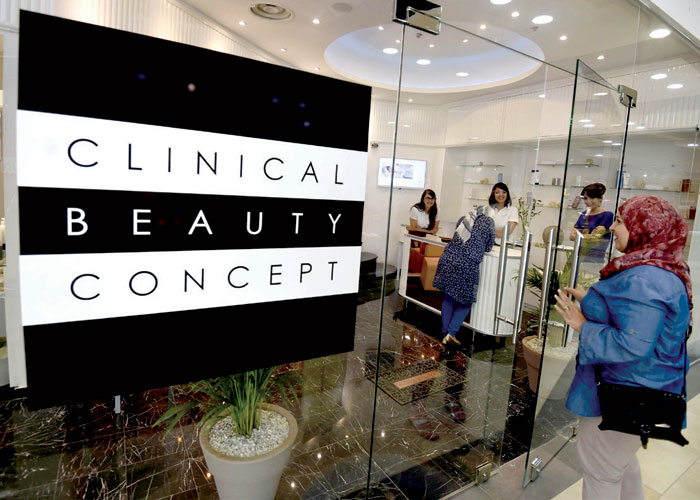
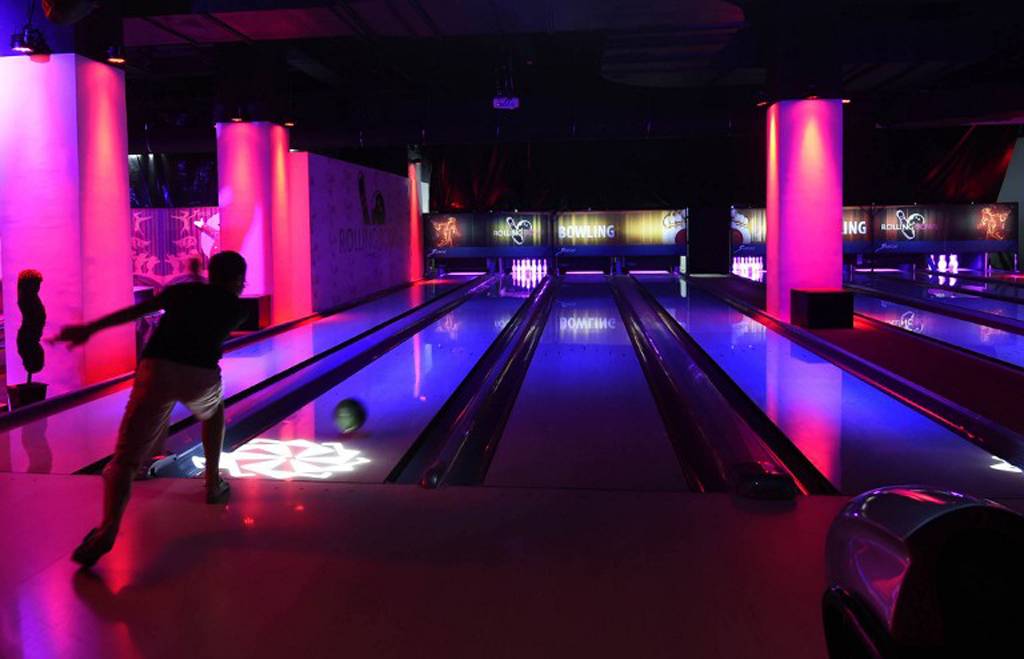
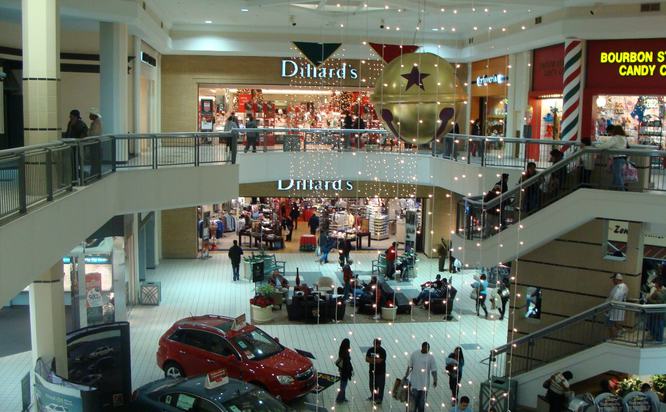
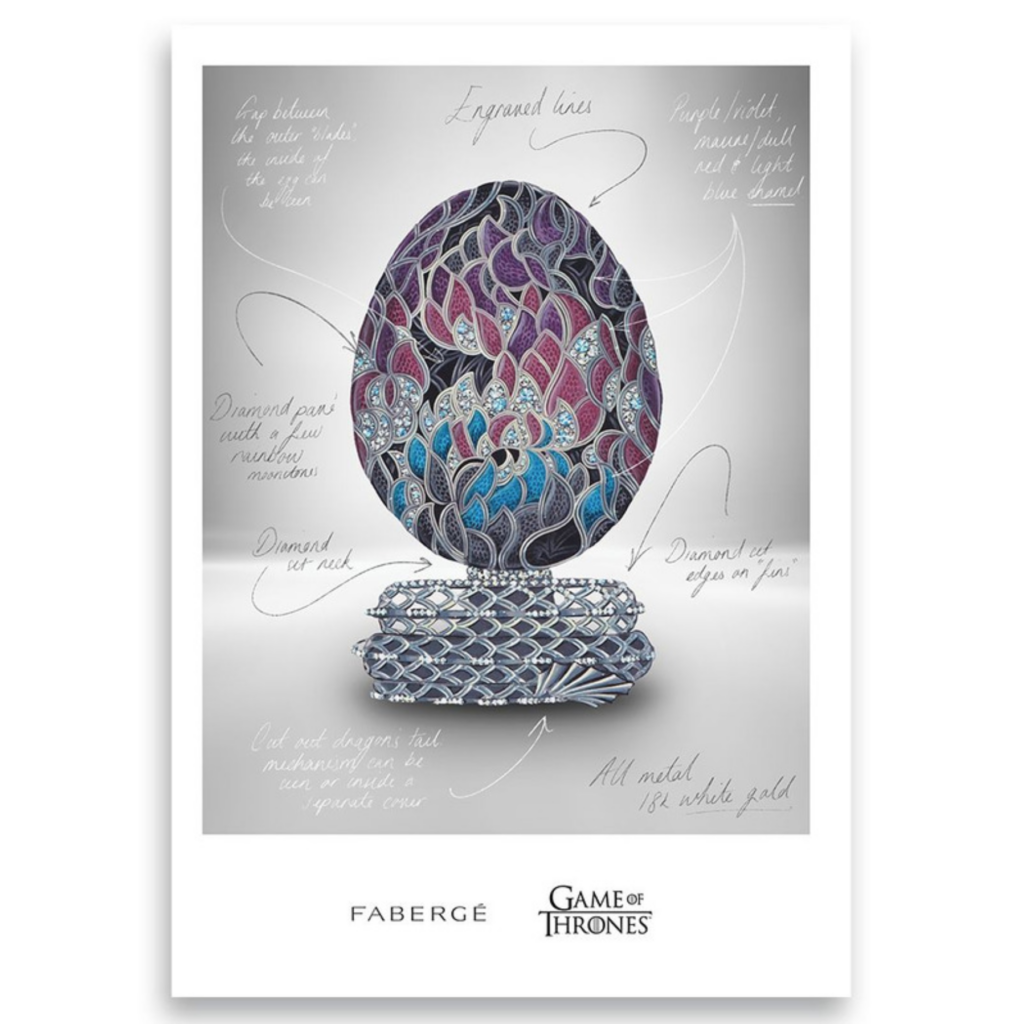
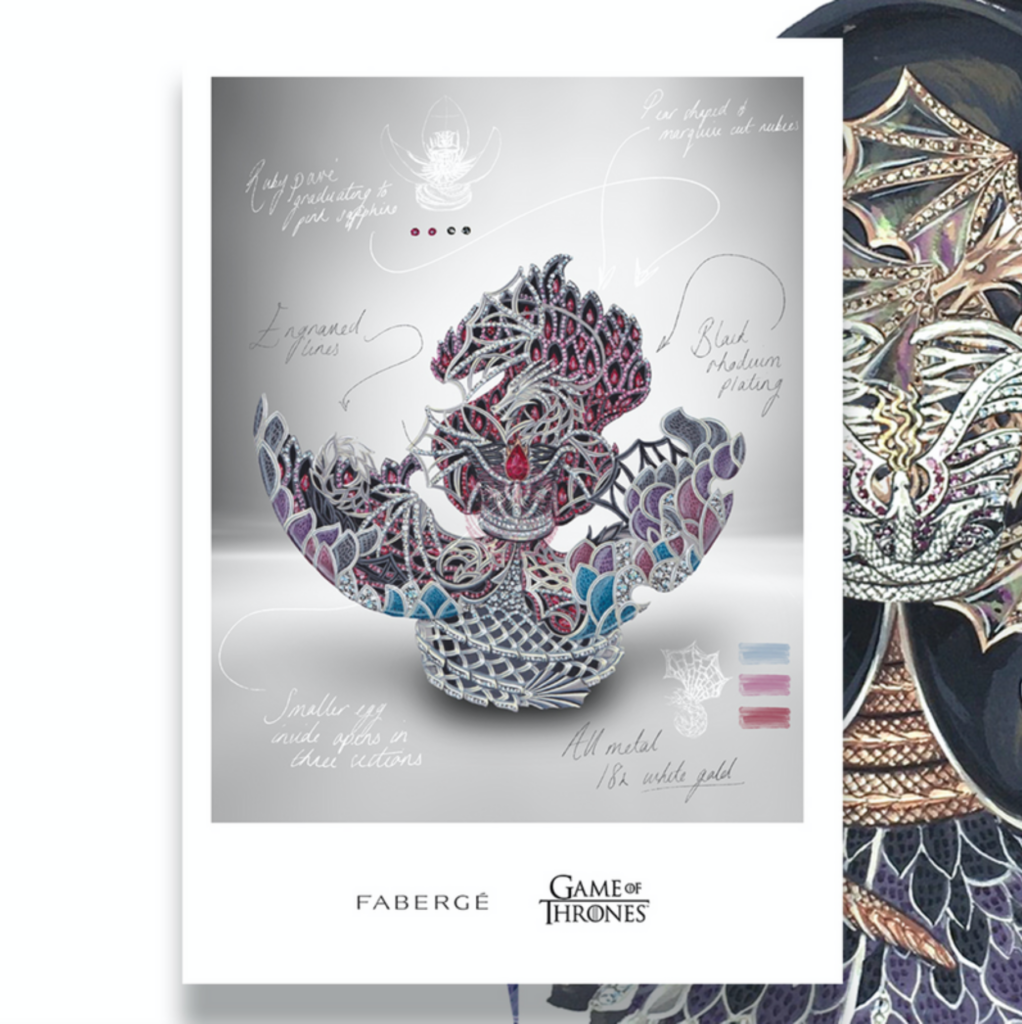
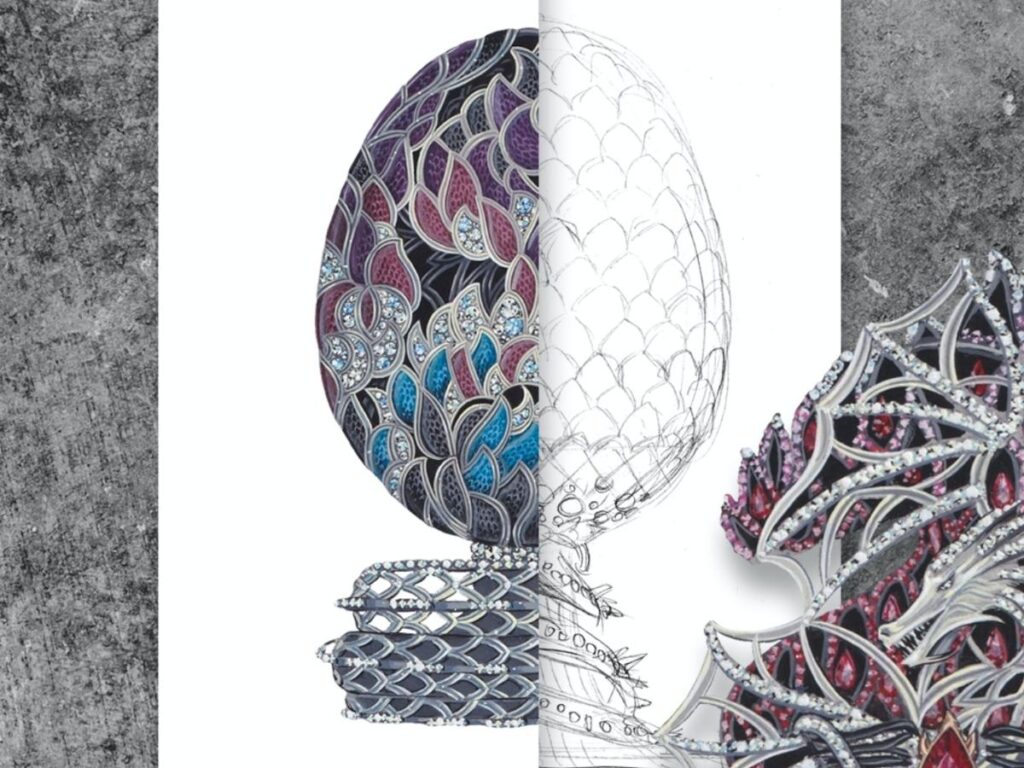



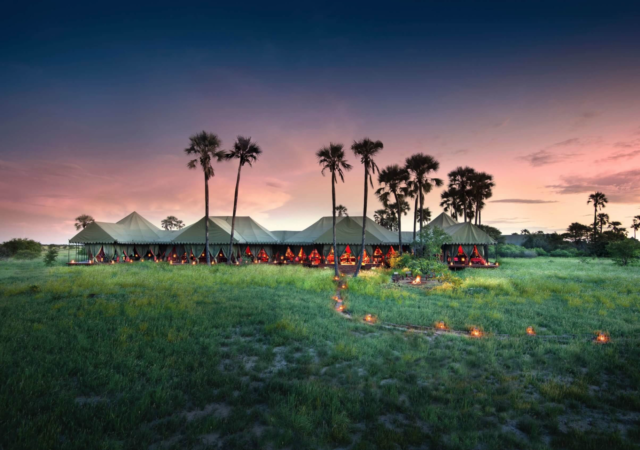
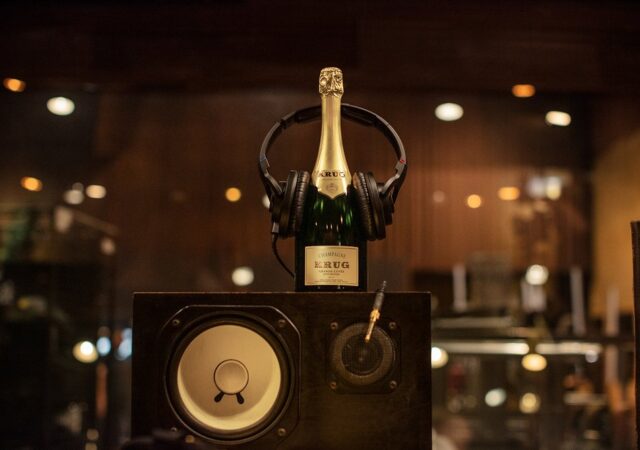
interesting article. This yet again reinforces the trend of urban growth in Africa. A major developer in the UK recently decided to make its first investment in Nigeria in partnership with rmb westport.